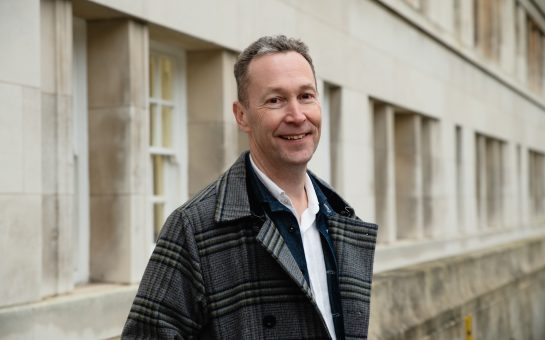People forced into turning to food banks to stave off starvation are often ‘embarrassed’ and deeply concerned about the social ‘stigma’ they face, experts from Manchester University have revealed.
Dr Kingsley Purdham believes that there has been an underestimation of the large volumes of people who need food banks and that many people are currently seriously at risk of malnutrition.
Serious food insecurity is a much more widespread problem than previously acknowledged, claims the professor, with reports of parents skipping meals so their children can eat.
Experts suggested that the exponential growth in food banks and food donation points could lead to the ‘normalisation’ of food aid.
Dr Purdam said: “In political and media debates food bank users have been variously described as being: ‘opportunists’, ‘not able to cook or budget’ and ‘living like animals’.
“Yet evidence from the Citizens Advice Bureau suggests that the main reported reason for referring a person to a food bank was a delay in benefit payments.
“Moreover, the research suggests that people using food banks have a clear understanding of the costs of food and are limited in how they could change their financial circumstances. Many people were reluctant to use a food bank because of the stigma and embarrassment.
“Grandparents and parents reported skipping meals so their children could eat and also stated that they were not able to afford to have their children’s friends around for tea.”
Dr Purdam’s research drew on survey evidence as well as case studies and interviews with food bank users.
Experts are concerned that the exponential growth in food banks and food donation points has led to the ‘normalisation’ of food aid.
Many admitted that they often felt ashamed and that they had concerns about the social stigma of asking for food aid, despite being in very desperate circumstances.
“I was nervous coming here, I thought I had done something wrong…having to ask for food your ego takes a battering,” a 40-year-old male told researchers.
A female, aged 34, said: “It throws your pride out of the window…I am doing it for my kids, I am not going to make my kids suffer just because of my pride.”
A 55-year-old mother described how she had collected a food parcel on behalf of her grown-up daughter who was too embarrassed to come, she stated: “My daughter doesn’t want to be seen as a scrounger.”
Dr Purdam said: “Many of the foodbank users we spoke to seemed to be surviving from week-to-week even day-to-day.
“Some of the older people in need of food aid were not able to collect food parcels themselves and were having parcels delivered. Moreover, many people in need of food aid may not live near a food bank. We also found that some of the food banks were running low on food supplies.”
He added: “Food has an important role in defining our identities and in terms of family relationships. Yet this seems to have been neglected in the political debates surrounding food aid.”
The Government currently spends an estimated £13billion on disease-related malnutrition each year.
However, the National Institute for Health and Care Excellence has identified better nutrition as one of the key cost-saving initiatives for the NHS.
Dr Purdam said: “It can be questioned why the levels of food insecurity and malnutrition are so high in the UK and whether the Government’s reliance on food aid is economically and politically efficient given the impact on people’s health and well-being.”
Image courtesy of Robbie Nash via YouTube with thanks



